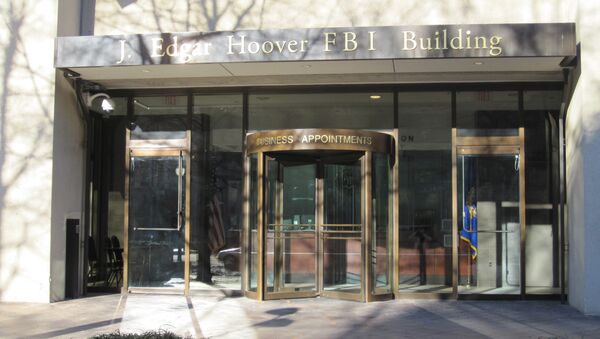The report, obtained by The New York Times, shows that in 2008 the FBI assumed the authority to review email accounts the NSA collected through its “PRISM” system, which collects emails of foreigners. The bureau was responsible for ensuring that none of those email accounts belonged to Americans, the Times reported.
The following year, the FBI started gathering communications that were collected without a warrant to analyze for its own purposes. Then, in April 2012, the bureau began identifying its own new targets, collecting the email accounts and phone numbers of foreigners.

That information is a part of a study by the Justice Department’s inspector general about the FBI’s activities under the FISA Amendments Act of 2008, which authorized the surveillance program. The Times received a semi-redacted version of the report through a Freedom of Information Act lawsuit.
In it, the inspector general, Michael E. Horowitz, “concluded that the FBI was doing a good job in making sure that the email accounts targeted for warrantless collection belonged to noncitizens abroad,” according to the Times.
Other portions of the report were heavily redacted – there is only one mention of the NSA’s PRISM program.
The report also shows that in October 2001, in the wake of the terrorist attacks of the previous month, President George W. Bush authorized the NSA to collect Americans’ international phone calls and emails without warrants required by the Foreign Intelligence Surveillance Act.

When that program was uncovered and made public in 2005, the backlash included lawsuits against telecommunications providers that had voluntarily participated in the program. A judge ultimately ruled that the data tracking was illegal.
What followed was a temporary order from a judge permitting warrantless surveillance of foreign accounts. When that order was ruled illegal by another judge, Congress enacted the Protect America Act, a temporary piece of legislation again authorizing warrantless surveillance.
The following year, Congress replaced that law with the FISA Amendments Act, which authorizes warrantless surveillance of non-US citizens outside of the country. However, the Act doesn't require the government to identify the target, or show probable cause to believe that the target has committed a crime.
President Barack Obama signed an extension of the FISA Amendment Act near the end of 2012, when it was set to expire.


